What if your tiny, charming Chihuahua is hiding a storm of big-dog problems behind those adorable eyes? Many owners are shocked to discover that these pocket-sized pups can have personalities as fierce as their bark! Chihuahuas are famous for their spunky spirit, but sometimes that sass can morph into stubborn or even frustrating behavior. The good news? You’re not alone, and every challenge has a solution. Let’s dive into the most common behavioral issues with Chihuahuas—and learn how to handle them like a true dog whisperer.
Overprotectiveness: The Fierce Little Guardian
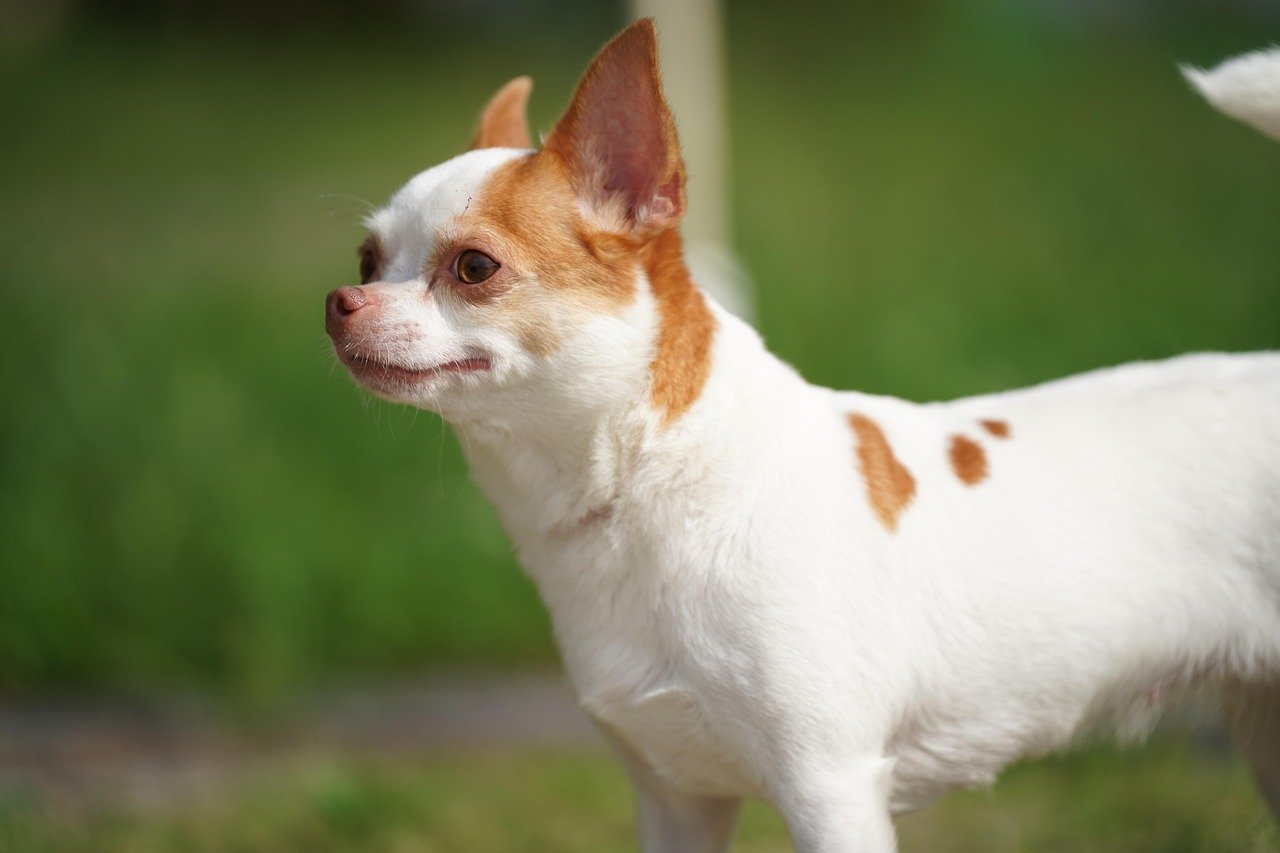
Chihuahuas might be tiny, but their devotion to their humans is anything but small. This loyalty, though sweet, can sometimes turn into overprotectiveness. If your Chihuahua barks, growls, or lunges when guests arrive or strangers come close, you’re witnessing this classic behavior. It’s like they see themselves as your pint-sized bodyguard! While this can be endearing, it may lead to stress and even aggression if not handled early. To manage overprotectiveness, introduce your dog to new people and situations gradually. Offer treats and praise for calm behavior, helping them learn that guests are friends, not foes. Remember, patience is key—small steps can make a huge difference over time.
Separation Anxiety: The Lonely Heart
Few things tug at the heartstrings more than a Chihuahua whining or pacing when you leave the house. Chihuahuas form deep bonds and often struggle with being left alone. Signs include barking, destructive chewing, or house soiling. This isn’t just “acting out”—it’s a clear cry for comfort. To help, start by leaving for short periods and gradually increasing your absence. Provide toys, puzzle feeders, or a soft blanket with your scent to ease their anxiety. Establish a calm routine around departures and returns, so your dog learns that you always come back. Over time, your Chihuahua will feel more secure, even when you’re out of sight.
Excessive Barking: The Tiny Alarm System
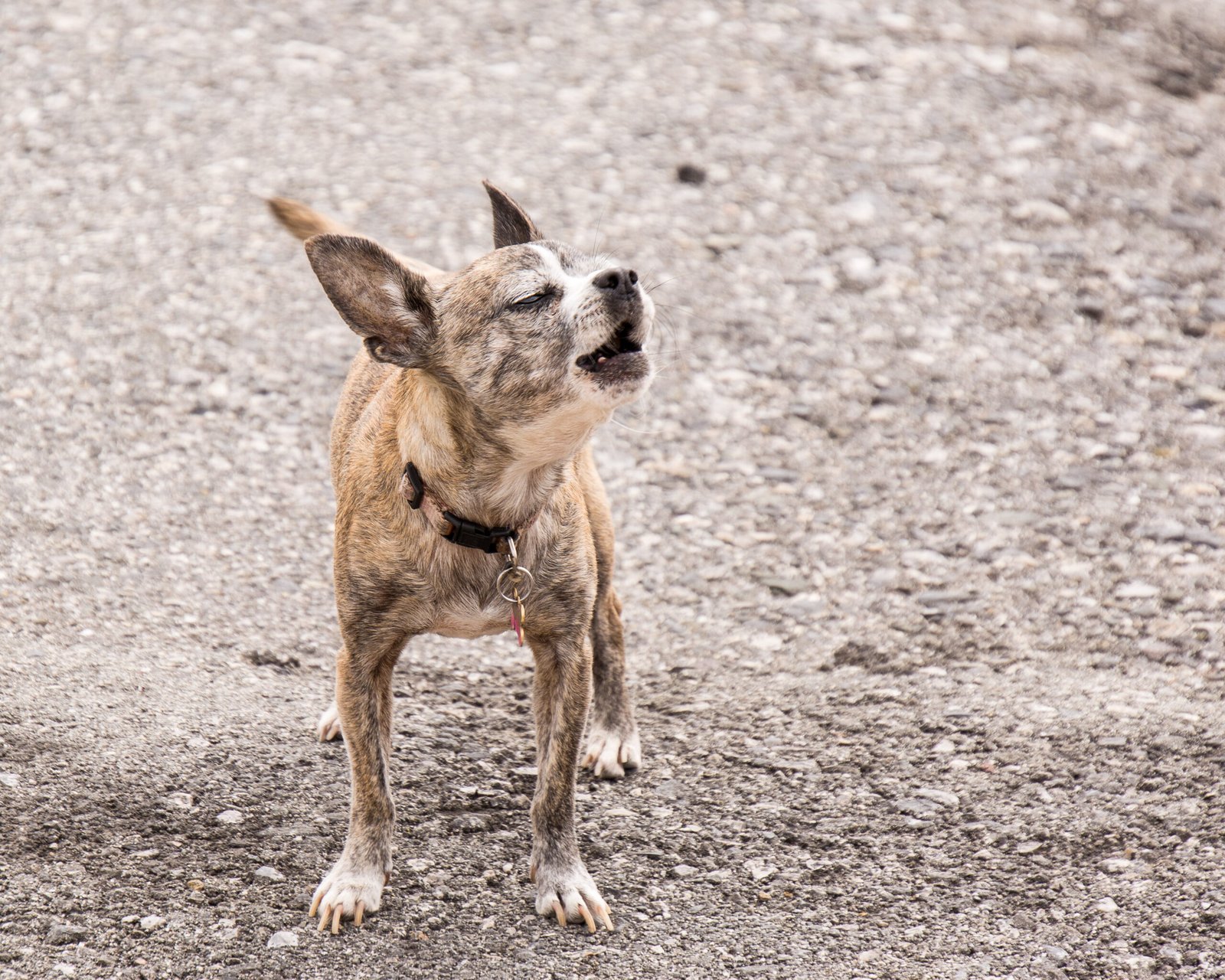
Chihuahuas are notorious for their vocal talents. While barking is natural, it can become overwhelming when triggered by every passing car, neighbor, or squirrel. This constant noise isn’t just irritating—it can also stress your dog out! The trick is to identify what sets them off. Once you know the trigger, use positive reinforcement to reward quiet behavior. Teach a cue word like “quiet” and reward them when they obey. Providing enough mental and physical stimulation during the day can also help reduce their urge to bark excessively. Sometimes, a tired Chihuahua is a quiet Chihuahua!
Resource Guarding: The Jealous Collector
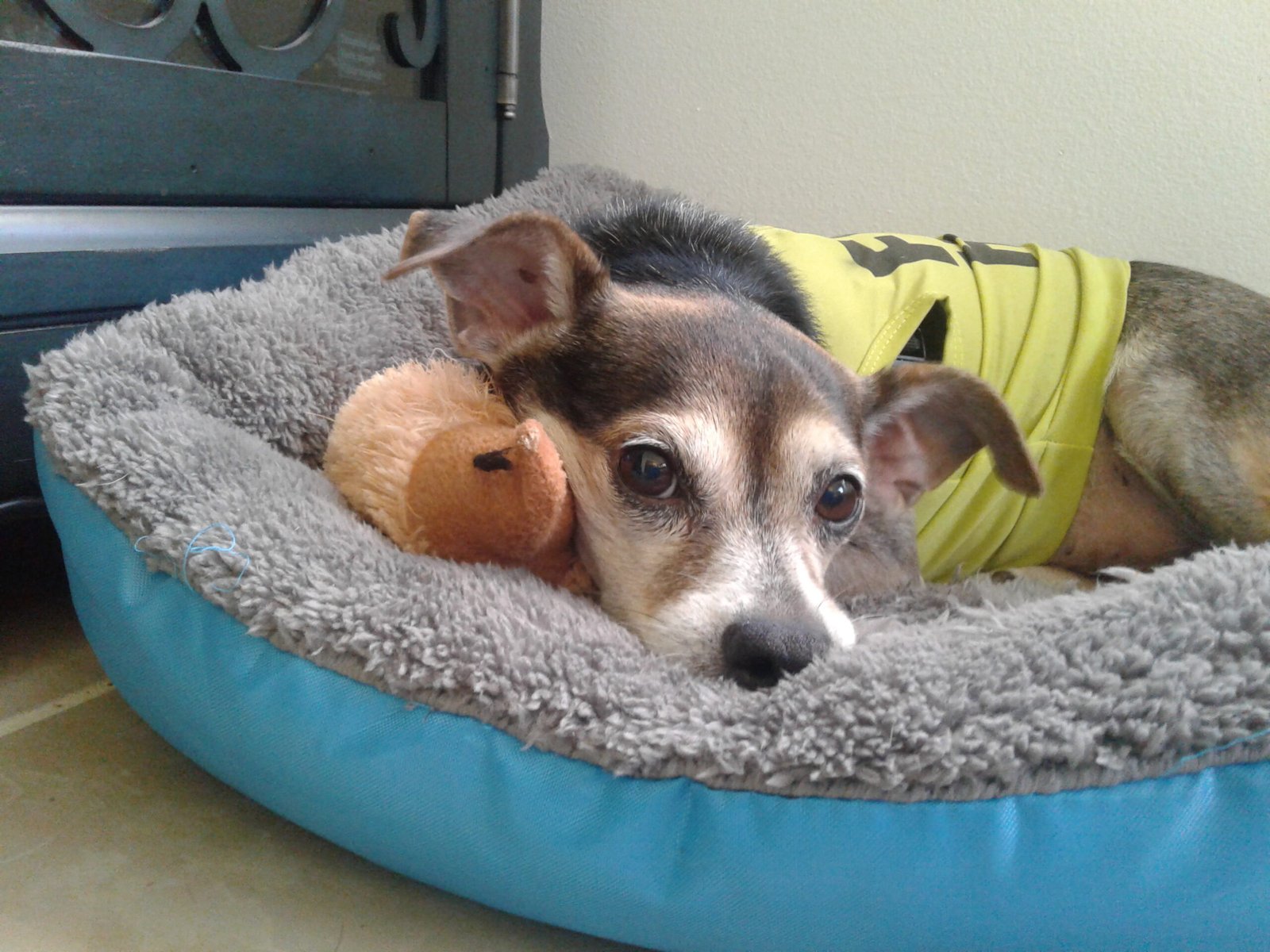
Have you ever reached for your Chihuahua’s favorite toy or food bowl, only to be met with a growl or snap? Resource guarding is a common issue, with your dog trying to “protect” their prized possessions. This behavior can escalate quickly if ignored. The best approach is gentle desensitization—teach your Chihuahua that having you near their things means good things happen, like treats or extra affection. Never punish resource guarding, as this can worsen the behavior. Instead, build trust with positive associations. Over time, your Chihuahua can learn to share, or at least tolerate your presence around their treasures.
House Training Challenges: The Stubborn Streak
Many Chihuahua owners find house training to be a real test of patience. These little dogs are smart, but sometimes their independence gets in the way of consistent bathroom habits. Accidents in the house can be frustrating, but punishment doesn’t help. Stick to scheduled potty breaks, especially after meals and naps. Use a command word and reward successful trips outside with treats and praise. Crate training can also help, as dogs naturally avoid soiling their sleeping area. Stay consistent, and celebrate every small win—eventually, even the most stubborn Chihuahua will catch on.
Fearfulness: The Shy Shrinker
Chihuahuas may act tough, but many are actually quite sensitive to new sights, sounds, and people. Fearfulness can show up as trembling, hiding, or even snapping when overwhelmed. This is especially common in rescue dogs or those with limited early socialization. To build your dog’s confidence, expose them gently to new experiences, always at their own pace. Bring treats, toys, or a favorite blanket for comfort. Never force interactions—instead, let your Chihuahua approach at their own speed. With patience and encouragement, your dog can learn that the world isn’t so scary after all.
Aggression Toward Other Dogs: The Little Bully
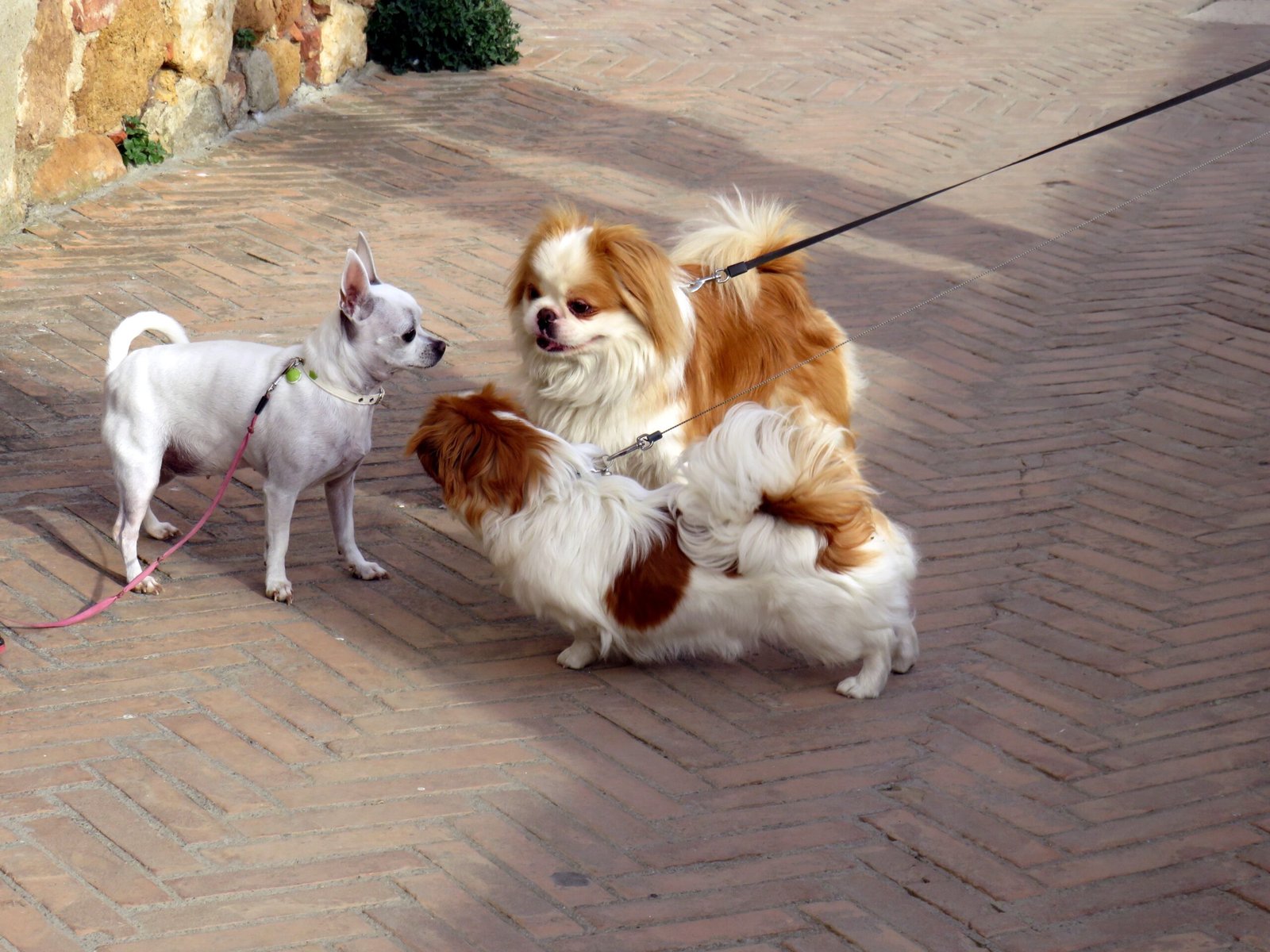
It’s almost funny—Chihuahuas can act like they’re the biggest dog at the park! Unfortunately, this “Napoleon complex” can lead to snapping, barking, or lunging at other dogs. Early socialization is critical; puppies should meet a variety of dogs in a controlled environment. For older dogs, start with leashed walks alongside other calm dogs, rewarding good behavior. Never pick up your Chihuahua in fear—this can reinforce their anxiety or aggression. Instead, stay calm and confident, showing your dog that you’re in control. Over time, many Chihuahuas learn to play nice with others.
Stubbornness: The Independent Thinker
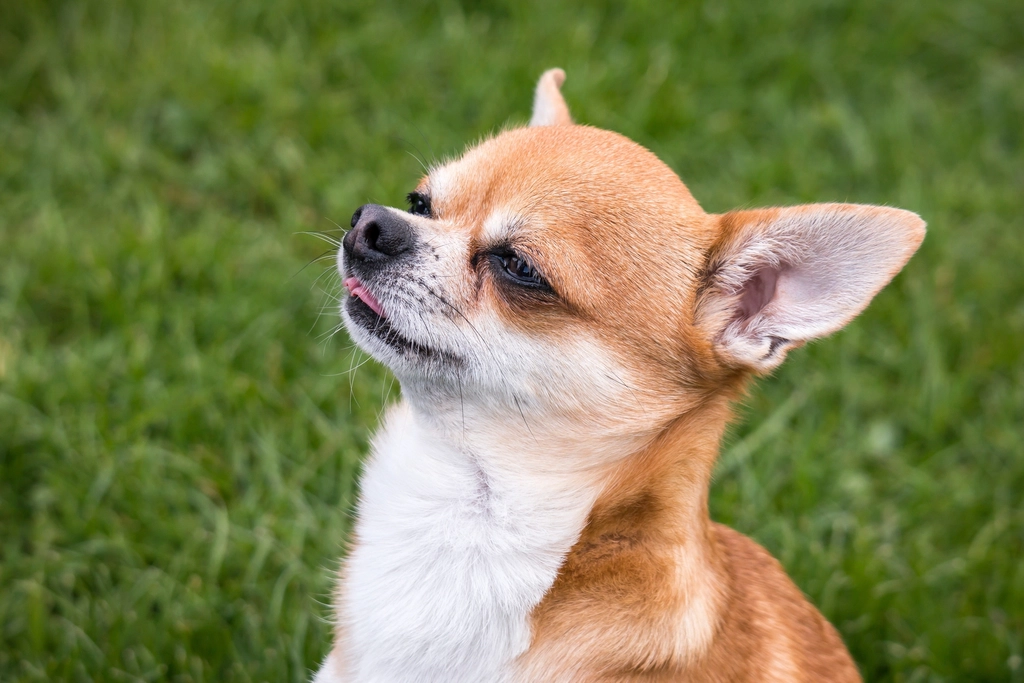
Chihuahuas are clever, but their intelligence often comes with a strong will. Sometimes they’ll ignore commands or refuse to participate in training, simply because they’d rather do things their way. Don’t mistake stubbornness for a lack of smarts—these dogs are quick learners when motivated! Training should always be positive and full of rewards, never harsh or forceful. Keep sessions short and fun, mixing in play and affection. Find what excites your dog—maybe it’s treats, toys, or even a silly dance. With the right approach, your Chihuahua will be eager to cooperate, surprising you with just how much they can learn.
Chihuahuas may be small, but their personalities are anything but! From barking sprees to bossy behavior, their quirks can be a handful—but totally manageable with the right approach. Stay consistent, keep training sessions positive, and don’t be afraid to set clear boundaries. With a little patience and a lot of love, your feisty little friend can turn into a well-mannered, confident companion. Remember, even the tiniest dog deserves big-time guidance!
Seo Backlinks
Saturday 18th of October 2025
I have seen many useful elements on your web page about personal computers. However, I have the thoughts and opinions that lap tops are still not nearly powerful more than enough to be a good choice if you frequently do tasks that require a lot of power, for instance video enhancing. But for world wide web surfing, microsoft word processing, and the majority of other prevalent computer work they are all right, provided you cannot mind the small screen size. Many thanks sharing your notions.